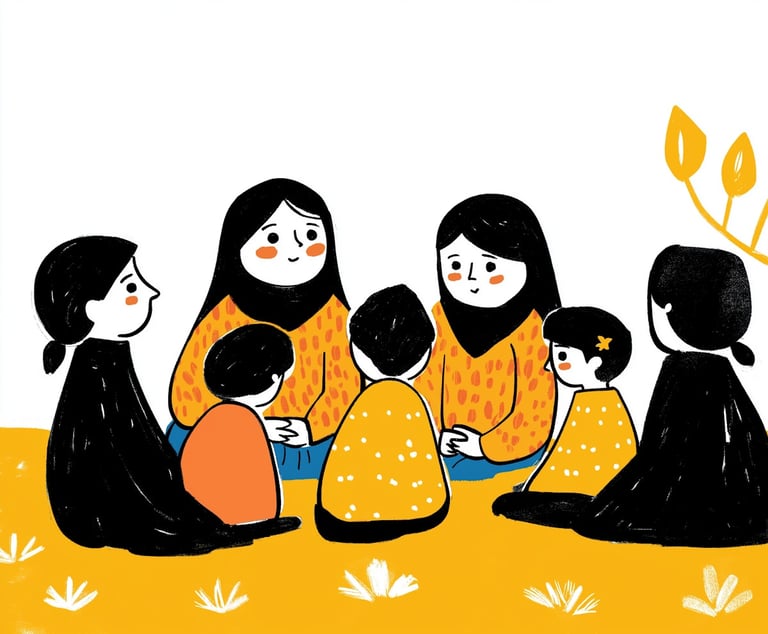The Role of Manners in Society
Exploring the role of manners in fostering respect and mindfulness across cultures, this blog reflects on the contrasts between Southeast Asian and Western social behaviors.
Rajesh Chand
3/4/20252 min read


The Art of Co-Existing: Manners
Manners play a crucial role in the art of co-existing, shaping our awareness of how our actions affect others. They create an environment of respect—not just for individuals, but also for traditions, cultures, and even the surroundings we share.
Growing up in a Southeast Asian culture until the age of 24, I was immersed in the values and traditions that emphasized family bonds, respect for elders, and community living. However, after moving to the UK, my perspective widened as I experienced a different cultural approach to manners and social behavior. Over the past five years, I have had the opportunity to compare and reflect on the strengths and weaknesses of both cultures, gaining valuable insights into what makes societies function harmoniously.
One of the aspects I truly admire in Western culture, particularly in the UK and across many parts of Europe, is the emphasis on politeness and mindful social behavior. Simple everyday practices demonstrate this: when traveling on public transport, people generally speak quietly and are considerate when using electronic devices. At public events, beaches, and parks, there is a noticeable sense of personal space and mutual respect. Similarly, in countries like Japan, people make an effort to clean up after themselves and take responsibility for their waste. The frequent use of phrases like "thank you" and "sorry" also fosters a culture of kindness and consideration.
Some may argue that these behaviors are merely surface-level and that politeness in Western societies can sometimes feel artificial. However, even if manners are, to some extent, habitual rather than deeply ingrained, they still contribute to a better social environment. They encourage people to be mindful of how their actions impact others, which ultimately enhances the quality of life for everyone.
In contrast, I have noticed that in the societies I grew up in, there is often a stronger focus on the collective good of family and community but less emphasis on individual mindfulness in public spaces. We are often taught to see only the positive aspects of our culture and traditions, overlooking areas that might need improvement. However, recognizing both the strengths and weaknesses of our cultural practices is essential. Without acknowledging the negative aspects, we cannot correct or improve them, and these shortcomings may continue into future generations.
Ultimately, manners are a fundamental part of building a respectful and considerate society. They act as a bridge between cultures, fostering understanding and coexistence. No culture is perfect, but by learning from one another and adopting the best practices, we can contribute to a more mindful and harmonious world.

